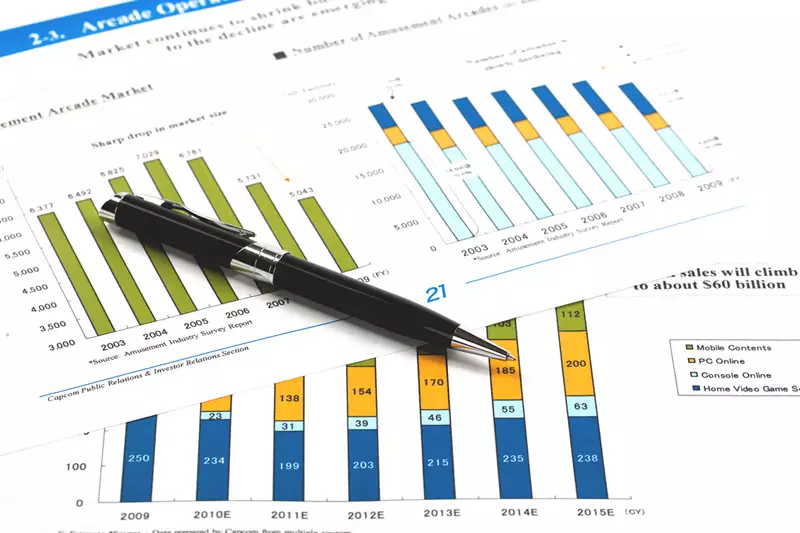The recent budget announcement in the UK has sent shockwaves through the corporate sector, revealing a significant tax increase estimated at 25 billion pounds, equivalent to $31 billion. The Confederation of British Industry (CBI) has raised alarm bells over this fiscal shift, indicating that businesses may have to tighten their belts in response. Many employers now regard Britain as a less appealing environment for investment—an unsettling trend that could have long-term implications for the UK economy.
Survey Results: A Disconcerting Landscape
According to a survey conducted by the CBI, a substantial 61% of member businesses perceive the country as a declining investment opportunity. In an era where competition for capital is fierce, this perspective is particularly concerning. Nearly half of the surveyed businesses have signaled intentions to reduce their workforce or curtail pay increases. The triggering factor appears to be the heightened cost of National Insurance, compounded by the expansion of the National Living Wage, which cumulatively places an unsustainable pressure on businesses, especially those operating with tight margins.
The budget, crafted by Finance Minister Rachel Reeves, represents the Labour Party’s first significant fiscal maneuver in 14 years. While the reforms aim to bolster public services amid a substantial financial shortfall of 22 billion pounds attributed to the previous government, the rapid imposition of higher taxes raises the question of economic strategy. The CBI’s Chief Executive, Rain Newton-Smith, expressed that these tax hikes should not disregard the business community’s realities. The challenge is clear: how can the government support growth without jeopardizing the profitability that sustains enterprise?
The Ripple Effect on Employment and Investment
The implications extend beyond mere numbers on a balance sheet. Notably affected are sectors like retail and hospitality, relying heavily on low-paid, part-time employees. As Newton-Smith pointed out, rising operational costs diminish the potential for businesses to invest, which creates a vicious cycle. Lower profits may lead to fewer investments in technology and infrastructure, stunting productivity growth—a critical factor that has historically set the UK behind other developed economies.
As the spotlight shines on the potential for economic slowdown, experts weigh in on the UK’s investment climate. The concern is not merely about immediate financial outcomes but about the long-term repercussions on economic stability and growth. With low investment levels compared to international counterparts, the current policies may further exacerbate the existing productivity issues, rendering the UK economy less competitive on a global scale.
The landscape for British employers is fraught with challenges following the recent tax increases. As businesses grapple with rising costs, the CBI’s insights underscore the necessity for a balanced approach that facilitates both necessary public spending and a thriving business environment. The path forward will require careful consideration to ensure that the burdens placed on the private sector do not stifle the very growth that the government seeks to promote.

